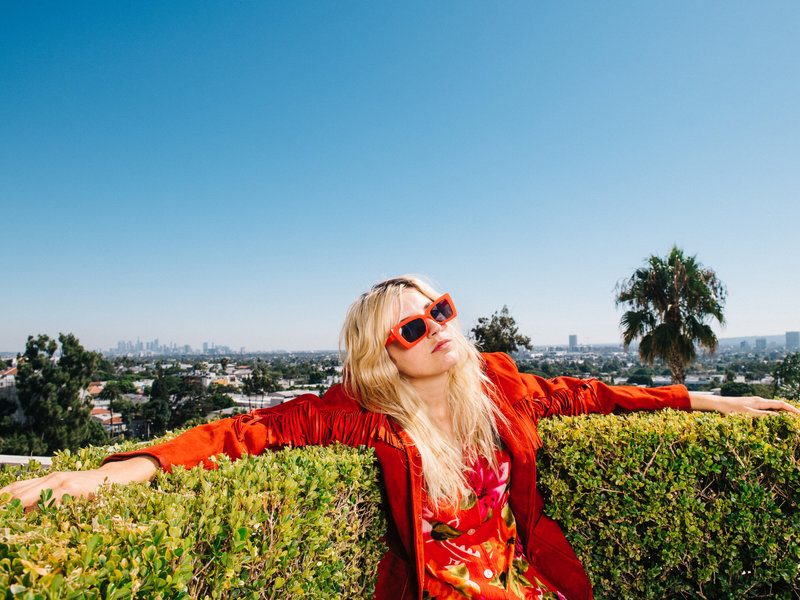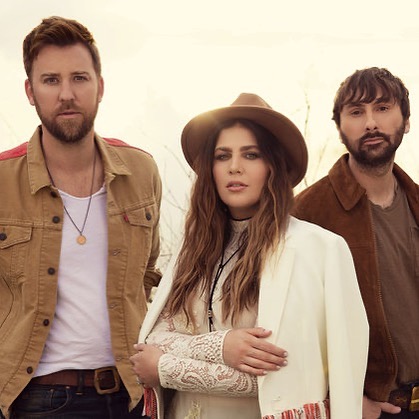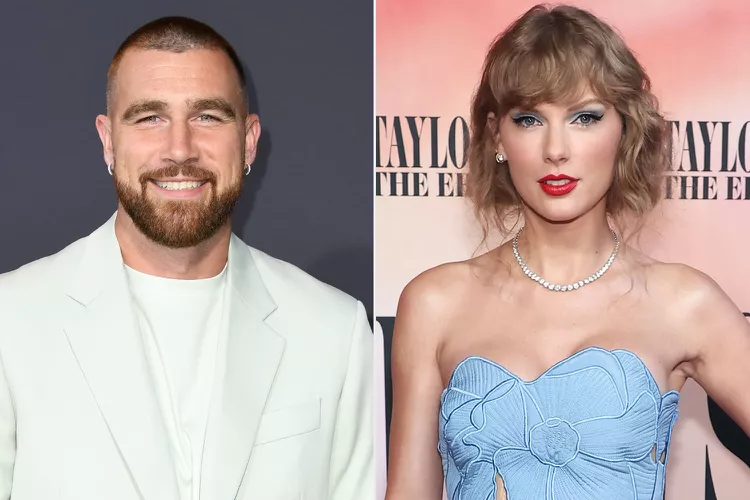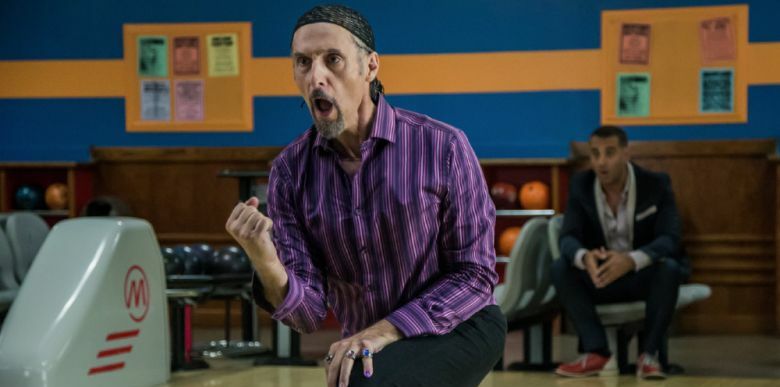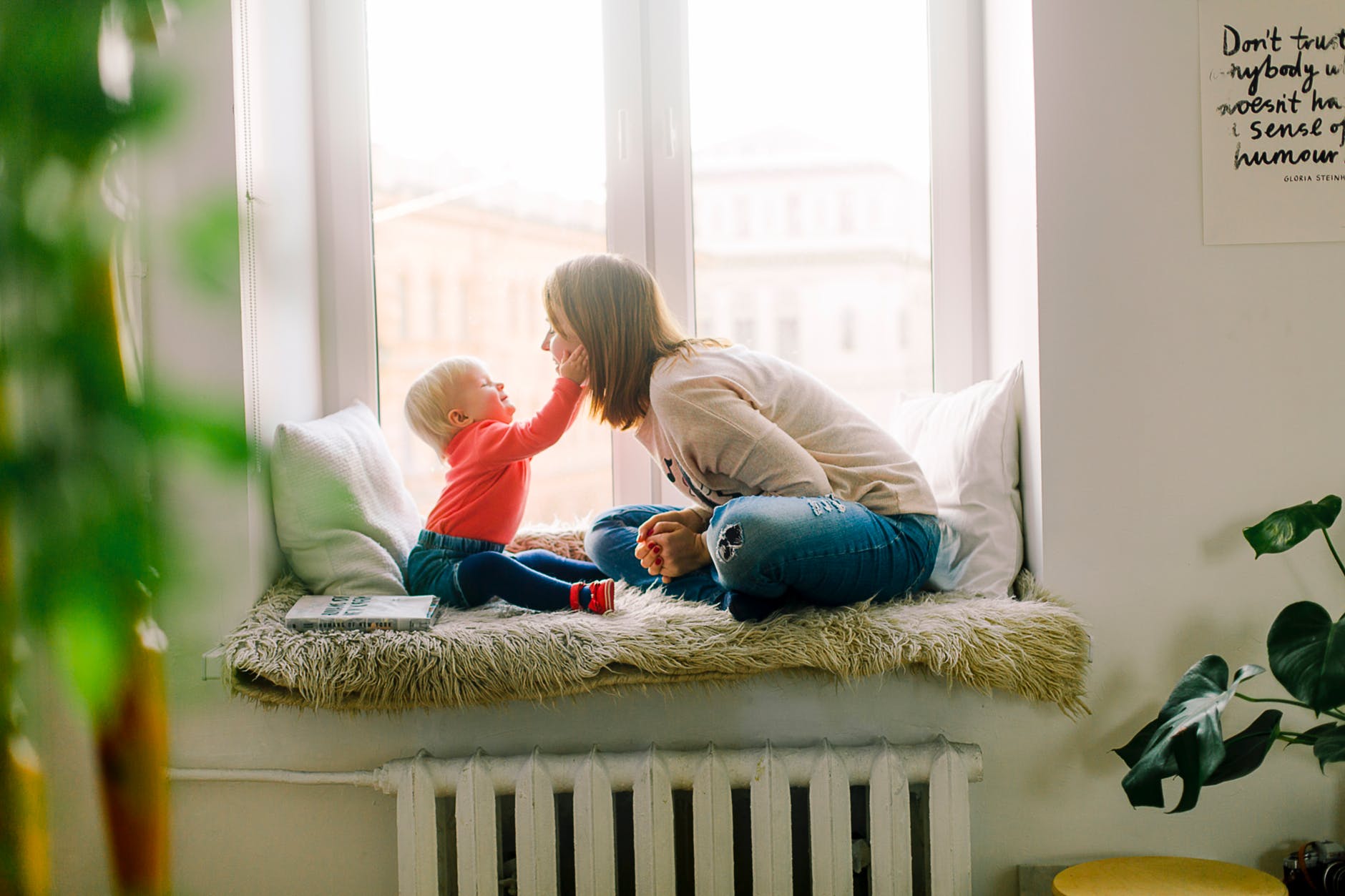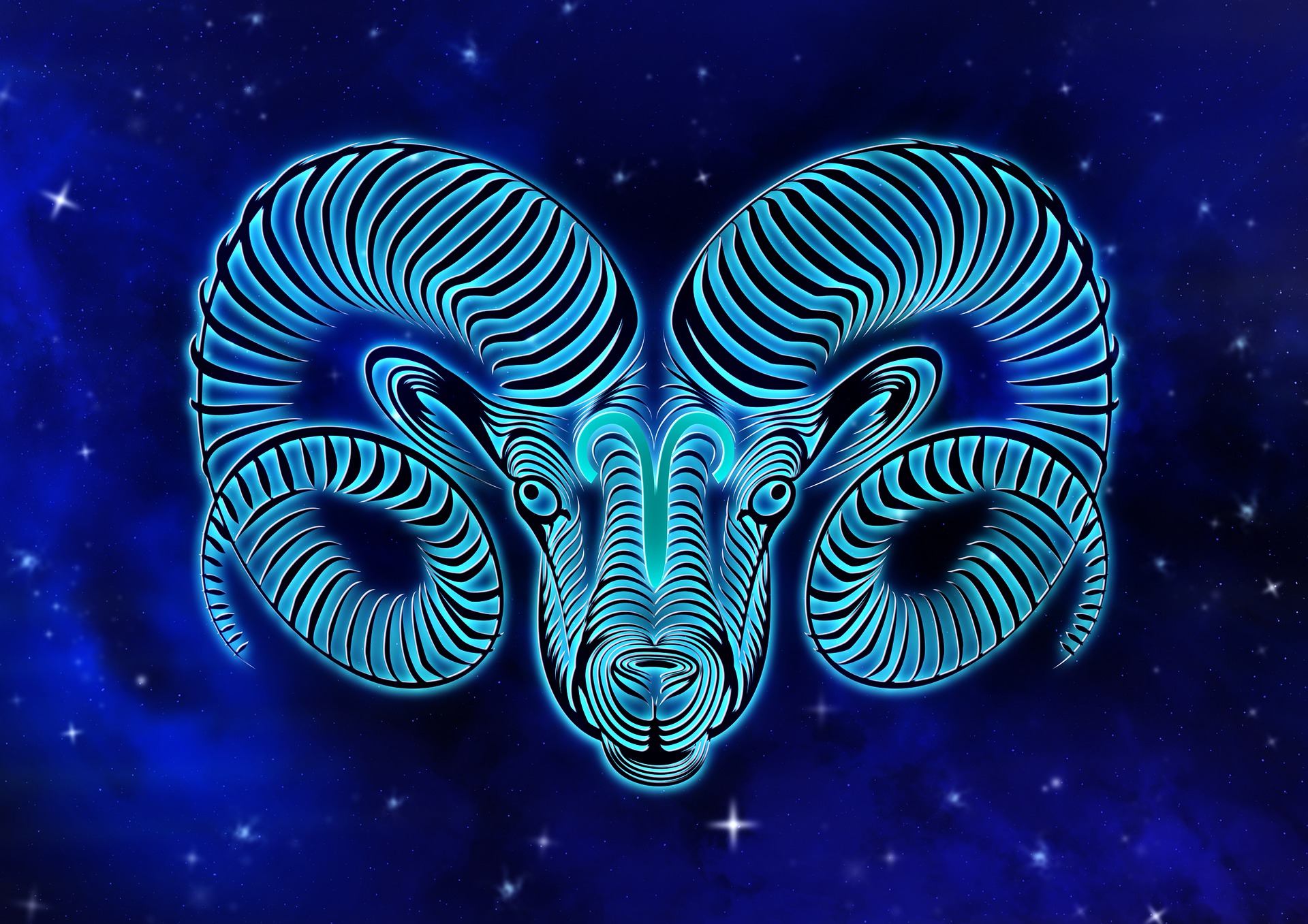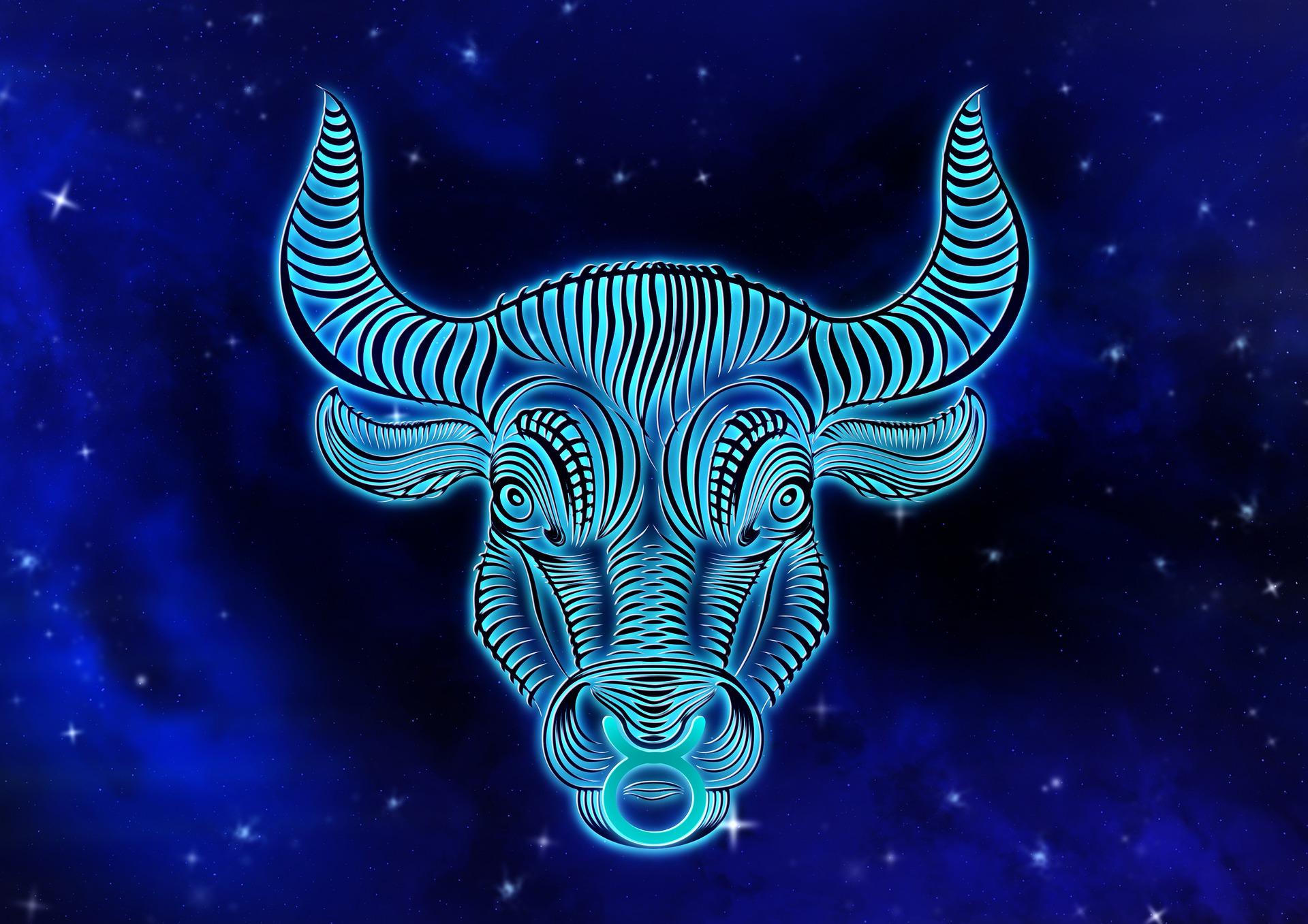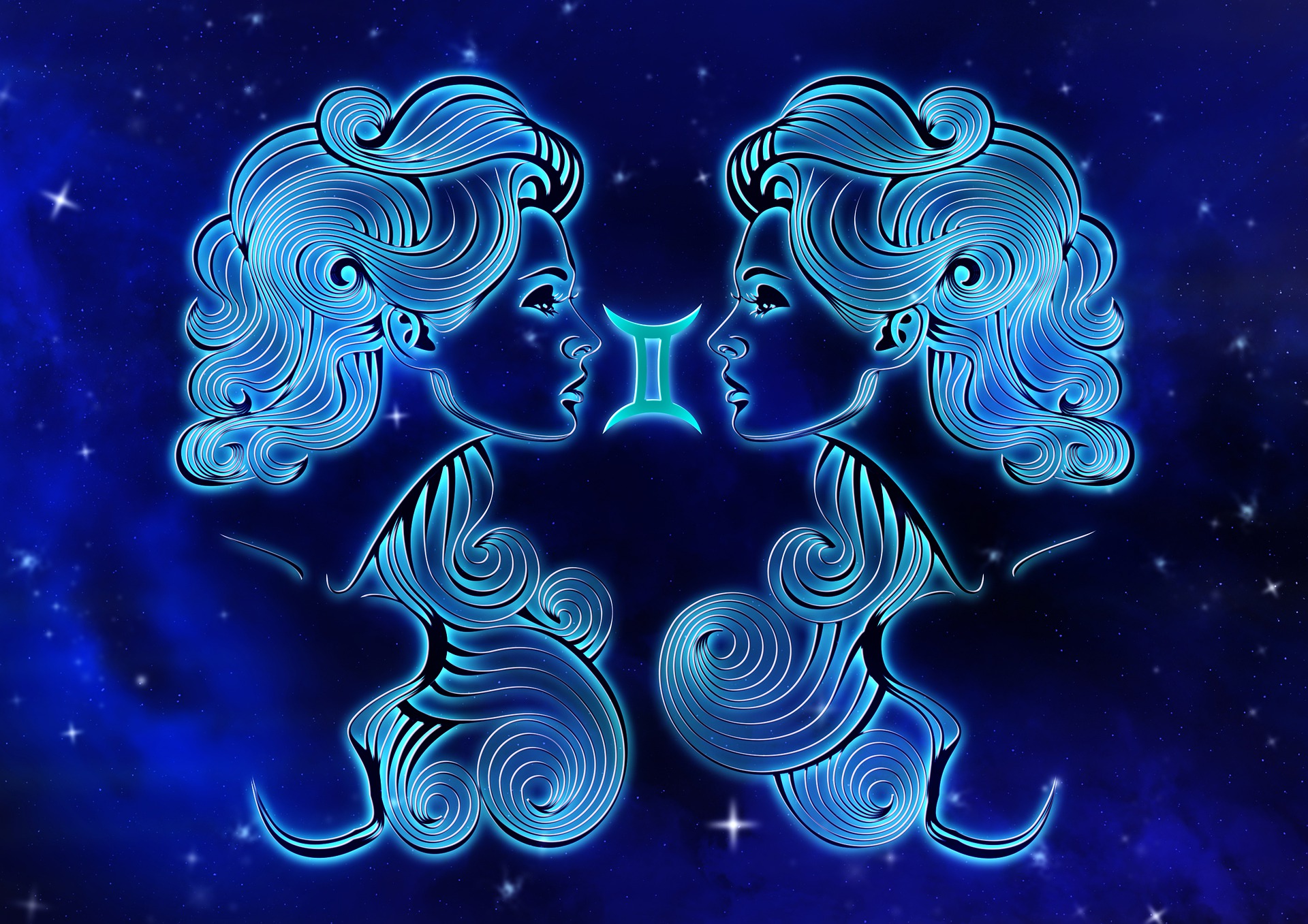After introducing herself to audiences in the early 2010s as a writer of upbeat and clever Americana, Caroline Rose is now firmly a pop singer. Rose first applied her songwriting talent to pop rock on 2018’s Loner, and her newest release, Superstar (out March 6), is a synth-heavy concept album, telling the story of an unabashedly ambitious singer’s rapid rise and unceremonious fall.
As the somewhat self-reflective title and story of her album implies, Rose is also interested in poking fun at the idea of fame and stardom. The music video for her single “Feel The Way I Want” features Rose as the album’s main character, prepped and ready for an audition in Los Angeles — only to find out that it’s actually scheduled in Hollywood, Fla., not Hollywood, Calif.
“I imagine it as though [it’s] this sort of Icarus effect,” Rose says, in which “this person is very brazenly confident, and then you watch this person really flying and soaring and thinking they’re the best when they’re probably not. And then throughout the album, it’s sort of a fall from the sky.”
NPR’s Rachel Martin spoke to Caroline Rose about being underestimated, taking creative liberties and finding her voice as a performer. Listen in the player above and read on for highlights of the interview.
Interview Highlights
On writing Superstar as a challenge to herself
I think the competitive side of me approached this album kind of like an experiment. I’ve had friends who are just wanting to be famous, and part of me sort of scratches my head at why anyone would want to be that famous. But the other part of me is like “It would be so cool to know that I could do it if I wanted to.” So that’s sort of the approach that I had, because over the years, I’ve just had so many people underestimate me, so I just wanted to see what I could do.
I was trying to create a little world where when you put on your headphones, you step into this story, so by the end you saw the deeper, a bit darker sides of me, really, and this character that I’ve developed based on aspects of myself.
On changing as an artist over the course of her career
I had this whole notion about this career that I wanted to kind of write songs in the shadows and let other people play them; I’d be this troubadour folk person that lived in a car and I’d just write songs about my travels and my thoughts and just let other people cover them. I got bored with that pretty fast, I think. Everybody’s got to start somewhere. I think of Tom Waits a lot, because he started in a style of music that he did not end up in — and not only did he not end up in it, he actively regrets a lot of the early stuff that he did, and hates listening to it.
On the give and take of industry expectations
I do have regrets about, like I got talked out of using our mixes — it was my co-producer Jer [Coons] and I. It still nags at me that it doesn’t sound the way that we had made it. So there’s always one thing that I walk away with being like, “I wish I hadn’t let people talk me into doing that.” So now I’m like, “Next album, I’m just not going to listen to anyone.”
I don’t want to completely blame it on everyone that I worked with; it was also me. Part of me wasn’t ready. I don’t think that I was fully comfortable with where I was at and what I was doing. but the other part of it is: It’s really difficult because you’ve got all of the suits who are looking at all of the stats and all the numbers and they’re like “I don’t know if the audience is going to get the outro of this song. I think you’re sabotaging this as a single.” So I’ve got that in one ear and I’m like, “Yeah but it makes me feel something, and I like it.” I feel like audiences don’t want [the music] to be dumbed down, and also people like to be challenged.
On fame and ambition
I think I care way more about being respected as an artist than I do about any type of fame. I try not to get so wrapped up in it. In the larger scope of things, this just isn’t that important. And I’m not trying to be a downer; I’m being honest. The climate crisis — that’s important. This is not that important. And I think the most special thing about my creative life, and that I do this for a living is that I do touch people in a really positive way, and every time that I hear about somebody who has been really moved by my songs, it is reassuring to me that I do have a purpose in this life.
.
Image Source:*npr.org
Source:npr.org
